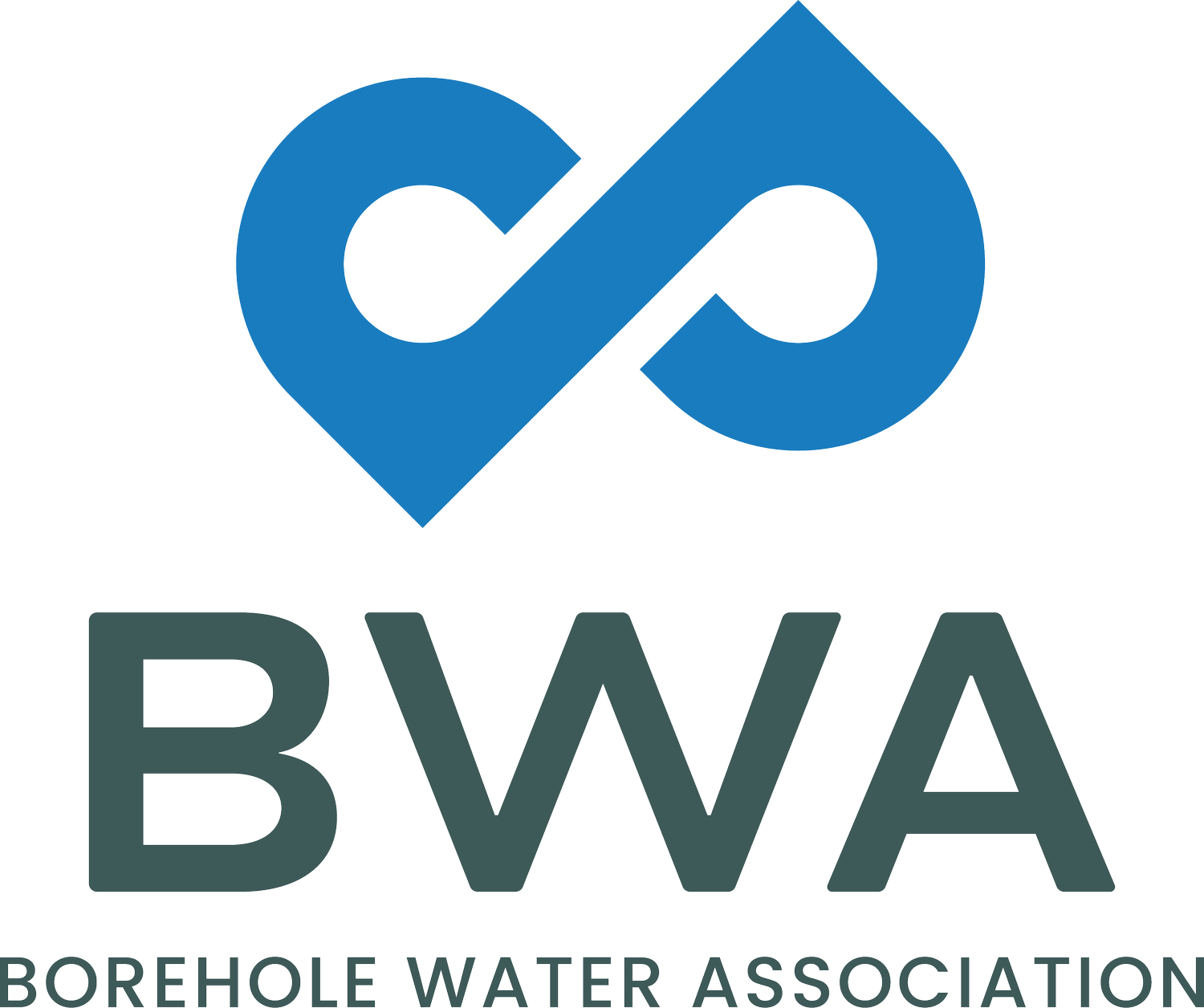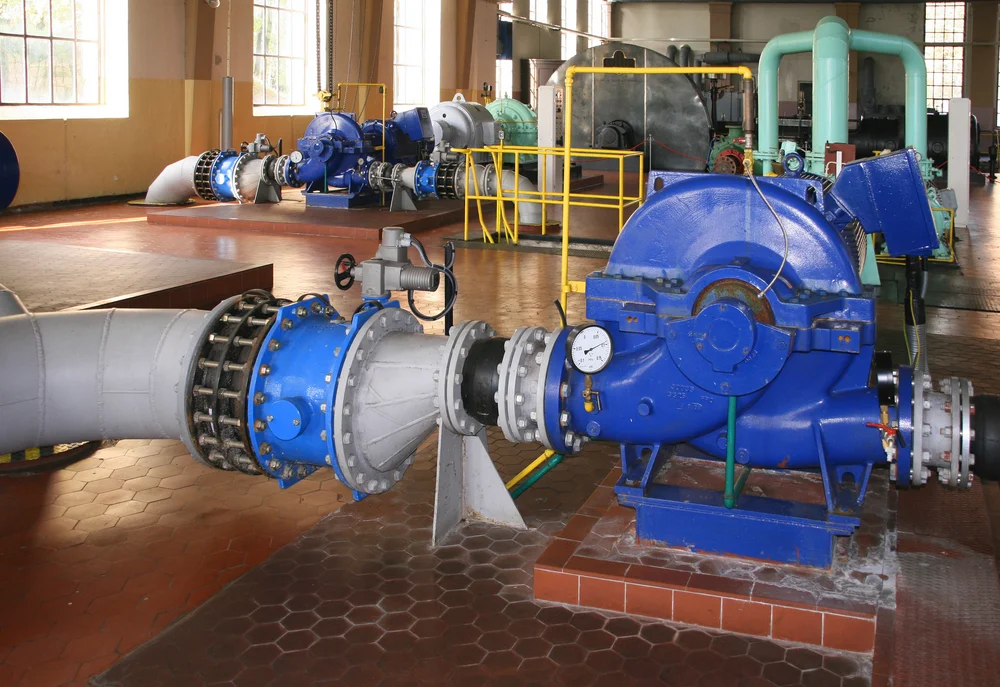License before you leap
/Karissa Nel, principal environmental scientist, SRK Consulting
Clearing of indigenous vegetation, or constructing close to a watercourse or wetland, are among the many activities that could land farm owners and agricultural developers in hot water – if they don’t have the required environmental authorisations.
According to Karissa Nel, principal environmental scientist at SRK Consulting’s Port Elizabeth office, the company is often required to submit ‘Section 24G’ applications on behalf of clients who start work on a site before they have complied with the National Environmental Management Act (NEMA) or other environmental legislation.
“Section 24G of NEMA provides for a formal application process to rectify activities that began without the required environmental authorisations or licenses,” said Nel. “However, before any authorisation decision is taken, the law allows that an administrative fine of up to R5 million may be levied.”
The activity could be any of the activities listed in the NEMA 2014 EIA Regulations (as amended in 2017) and ranges from residential developments to agricultural activities such as crop fields, piggeries, chicken batteries, abattoirs and commercial composting – including the associated infrastructure such as pipelines and roads. The ‘24G application’, as it is informally called, addresses the unlawful commencement or continuation of an activity for which an Environmental Impact Assessment (EIA) or a waste management license was required.
“It does not matter if non-compliance occurred as a wilful unlawful act or whether a party was completely unaware of the requirements of the environmental legislation,” Nel said.
Neither does the payment of the administrative fine guarantee a successful outcome of the application.
“Even before payment is made, the competent authority has the discretion to accept or refuse the section 24G application,” said Nel. “Only once the application is accepted – and a fine calculated and paid – will the competent authority process and consider the information submitted with the application.”
The pain does not stop there. The S24G processes can take more than four times longer than a normal environmental assessment process done in good time. Also, interested and affected parties that give input during the public participation process are often not very forgiving, adding additional complexity to the process. The authorities can also put a stop to all activities on site while they assess the environmental impacts and rehabilitate or remediate any environmental damage or pollution that has taken place as a result of the activity.
The message is clear, she said. The lawful and most efficient way to approach any new activity on your property is to determine the legal requirements upfront, before starting any work that may impact the environment.
About SRK
SRK is an independent, global network of consulting practices in over 45 countries on six continents. Its experienced engineers and scientists work with clients in multi-disciplinary teams to deliver integrated, sustainable solutions across a range of sectors – mining, water, environment, infrastructure and energy. For more information visit www.srk.co.za
About Karissa Nel
Karissa Nel is a Principal Environmental Consultant in SRK Consulting’s Port Elizabeth office. She has been involved in environmental impact assessments (EIAs), environmental licensing and environmental management for the last 14 years. Her expertise includes EIAs, environmental management programmes (EMPrs), water use applications (WUAs), wetland and aquatic impact assessments and vegetation impact assessments for a broad range of projects. She also has a particular interest in aquatic and wetland-related work.
Issued on behalf of SRK Consulting. For further information, kindly contact Sally Braham on 083 461 2825 or email sally@sbpr.co.za





